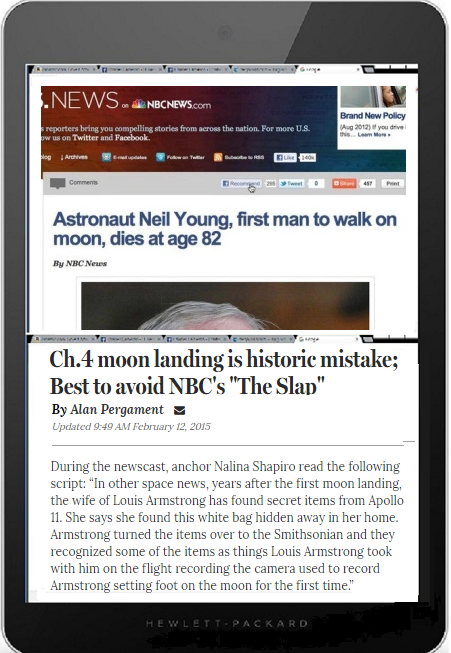Sunday surprise: two small items for your contemplation
Monday, June 13th, 2016[ by Charles Cameron — the heart speaks for itself; the recusant pyx to truth of a higher order ]
.
**
It’s the second of these that really takes my breath away.
Recusants were the British subjects who remained Catholic in faith and practice at a time when the newfangled Protestantism made that behavior a heinous offence, punishable at times by death.
It has been the life and martyrdom of the Jesuit scholar and priest Edmund Campion in Elizabeth‘s reign and under her increasingly repressive laws — as Evelyn Waugh describes him in his book of that name — which engraved in me the heroic role of the recusants, and among them of their “massing priests” and the sacrament they brought to their faithful recusant remnant.
Michael Robinson notes in Newman’s Quest for the One True Church writes:
The Catholic majority did not submissively acquiesce to Elizabeth’s scheme. Much has been written of the fate of the priests, educated and ordained abroad, who were accused of treason, tortured, then hung, drawn and quartered; but as the Catholic Church went underground the laity also began to take enormous risks. Catholic gentry opened their stately homes up to the missionary priests. Escape routes were devised, with the diminutive Jesuit layman St. Nicholas Owen leading the way in ingenious acts of carpentry. He created hiding-holes for priests, their vestments and other liturgical items, that were so effective that centuries passed before some of them were discovered. In 1620 he died in the Tower of London under torture, taking his secrets with him.
Campion himself gets to the heart of the recusant matter, though, in the first salvo of his celebrated Brag — addressed before his capture to those who might capture him, the “Right Honourable, the Lords of Her Majestie’s Privy Council”:
I confesse that I am (albeit unworthie) a priest of ye Catholike Church, and through ye great mercie of God vowed now these viii years into the Religion of the Societie of Jhesus. Hereby I have taken upon me a special kind of warfare under the banner of obedience, and eke resigned all my interest or possibilitie of wealth, honour, pleasure, and other worldlie felicitie.
Waugh emphasizes, in turn, the significance of a priest as one who says Mass, ie whose sacramental act “in the person of Christ” continues the sacrifice of Christ on Calvary, turning the very bread and wine of the offering into the body and blood of Christ, while they retain their outward and physical form, following the words of Christ at the Last Supper:Take, eat; this is My body and Drink ye all of it; For this is my blood.
It was this transformation, this transubstantiation of bread into the very body, wine into the very blood of Christ, which so frightened and infuriated the Protestants. As Waugh notes:
Whatever the sectional differences between the various Anglican groups, they were united in their resolve to stamp out this vital practice of the old religion. They struck hard at all the ancient habits of spiritual life — the rosary, devotion to Our Lady and the Saints, pilgrimages, religious art, fasting, confession, penance and the great succession of traditional holidays — but the Mass was recognized as being both the distinguishing sign and main sustenance of their opponents
To be a priest, a Jesuit, and above all the great scholar Edmund Campion SJ, was to court death for treason. But the priest’s duty was to bring that sustenance, the blessed sacrament, to the faithful — and when they could not attend Mass, it could be carried to them in just such a silver box on a string as is illustrated above. This pyx, as it was called, would have carried the body of Christ to the needy, hidden on a chain under the shirt, and on pain of most painful and drawn out death.
It is for this reason that the recusant pyx, beautiful as it may be, means so much to me, and I hope to have conveyed something of that sense to you also: seldom if ever has a container carried a freight so exalted in service to a people so spiritually hungry, under so grave a threat.
**
But to relax a little…
The situation was fraught, and increasingly so, for those who remained loyal Catholics — and yet just as there were pockets of recusants still faithful to the old ways, there were pockets of allowance made for them in certain circumstances. Waugh puts it nicely:
In many places the priest would say Mass in his own house for the Catholics before proceeding to read Morning Prayer in the parish church; occasionally, it is said, he would even bring consecrated wafers and communicate his Catholic parishioners at thesame time as he distributed to the Protestants the bread blessed according to the new rite.
Thus also Queen Elizabeth I herself favored the composer William Byrd enough that he was able to compose not only works suited to the Protestants (Anglicans) such as his four Services, but also Masses for specifically Catholic use, in three, four, and five voices.
**
Byrd for Her Protestant Majesty, Queen Elizabeth:
The Nunc dimittis (Lord, now lettest thou thy servant depart in peace) from the Great Service
Byrd the faithful Catholic, for his fellow recusants:
The Agnus Dei from the Mass for five voices, Westminster Cathedral, Pope Benedict XVI celebrating
**
Sources:
Norfolk Heritage Explorer, June – Broken Heart Annie Thwaite, Revelation and Concealment: Flipping the pyx





